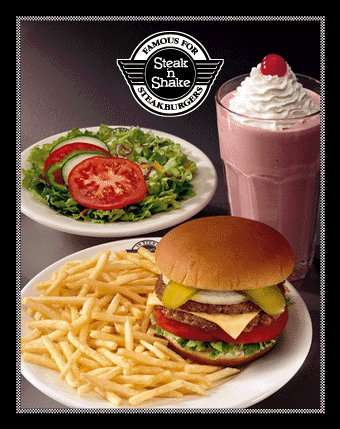 A ice cube melting
in room temperature.
A ice cube melting
in room temperature.Topic 7: Causes of Change
a) How does energy affect change?
Heat in physical and chemical changes. If an ice cube is left out on a table at room temperature, no one is surprised that it melts and changes into water. No matter how long the water sits on the table, it will not become ice again as long as it is held at room temperature. If an ice cube and glass of water are left in a freezer at 30ºF, the ice cube will not melt, and water in the glass will freeze. A physical change will occur if the surroundings are freezing or room temperature. The energy in the frozen ice is still and slow. Temperature has a lot to do with the physical change and energy in the water. When boiling the water heat makes the energy move rapidly and it evaporates out of the pot or beaker. The energy moves and it rubs and heats up.
 A ice cube melting
in room temperature.
A ice cube melting
in room temperature.
b) How do enthalpy and entropy drive and affect changes?
Driving forces, free energy and stability.
enthalpy: total energy content of a system.
enthalpy change: heat energy released or absorbed when a physical or chemical change occurs at constant pressure.
entropy: a measured of the randomness or disorder of a system.
free energy: a quantity of energy related to the capacity of a system to do work, which can be used to predict spontaneity.
The measure of the degree of disorder is called entropy. For a system that can exist in two states, the one with higher entropy or disorder tends to be more stable. Usually, it is far easier to go from the low-entropy state to the high-entropy state. For example no one can throw 100 pieces of a puzzle on to the floor and expect it to be made. The pieces are all going to be mixed up. That is entropy.
c) What are your energy needs? (Energy expenditure, caloric intake and use)
Your energy need is (RMR) Resting Metabolic rate is the amount of energy needed to keep the body running at its most basic level. The thermic effect of food is the energy needed for the chemical reaction of digestion. You need your (BMR) Basal Metabolic Rate. That is one's resting energy expenditure measured in the morning, at least 12 hours after last meal.

LOOKS GOOD!!! ummmmmmm.............